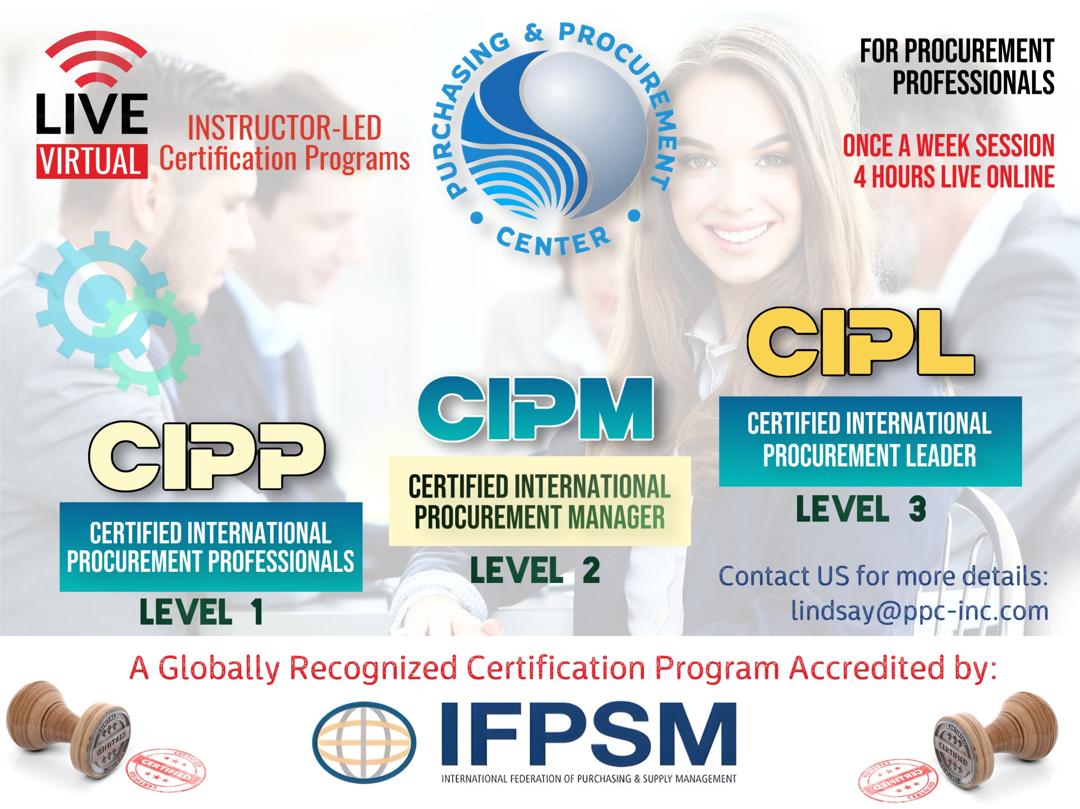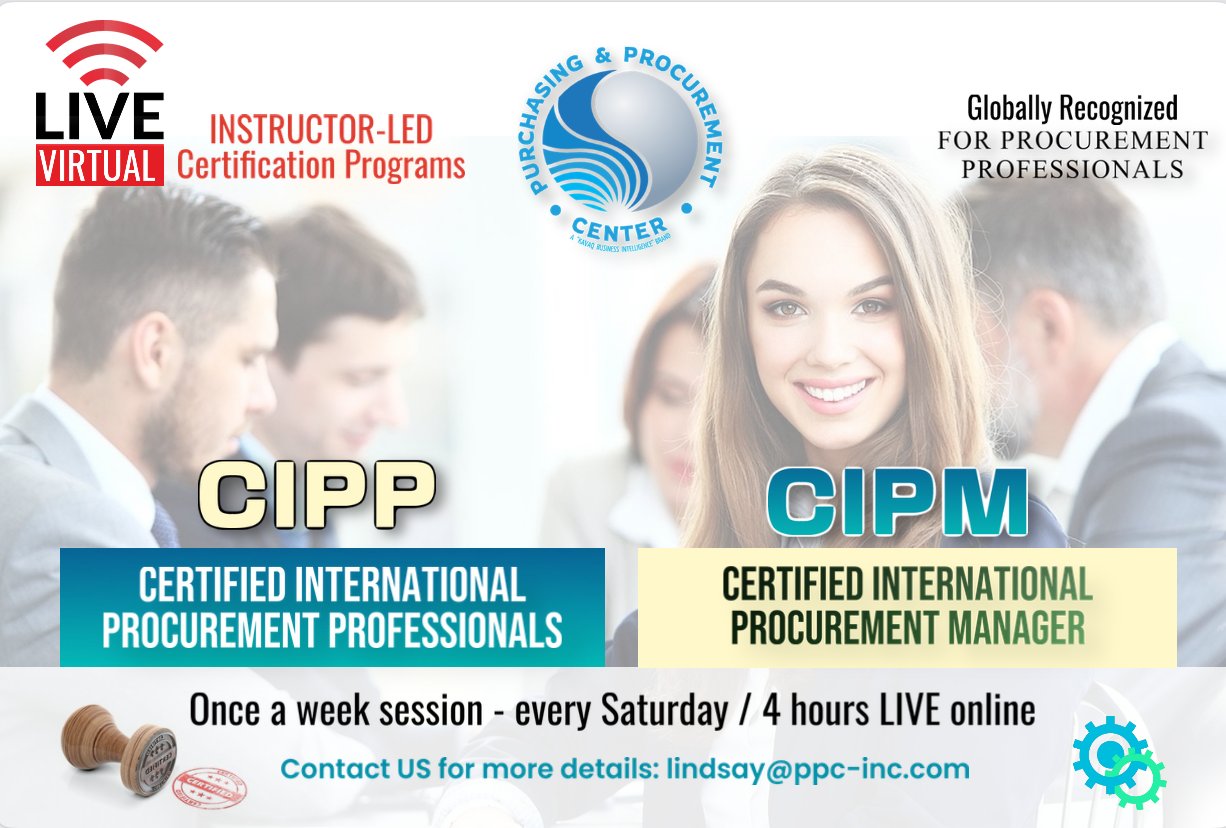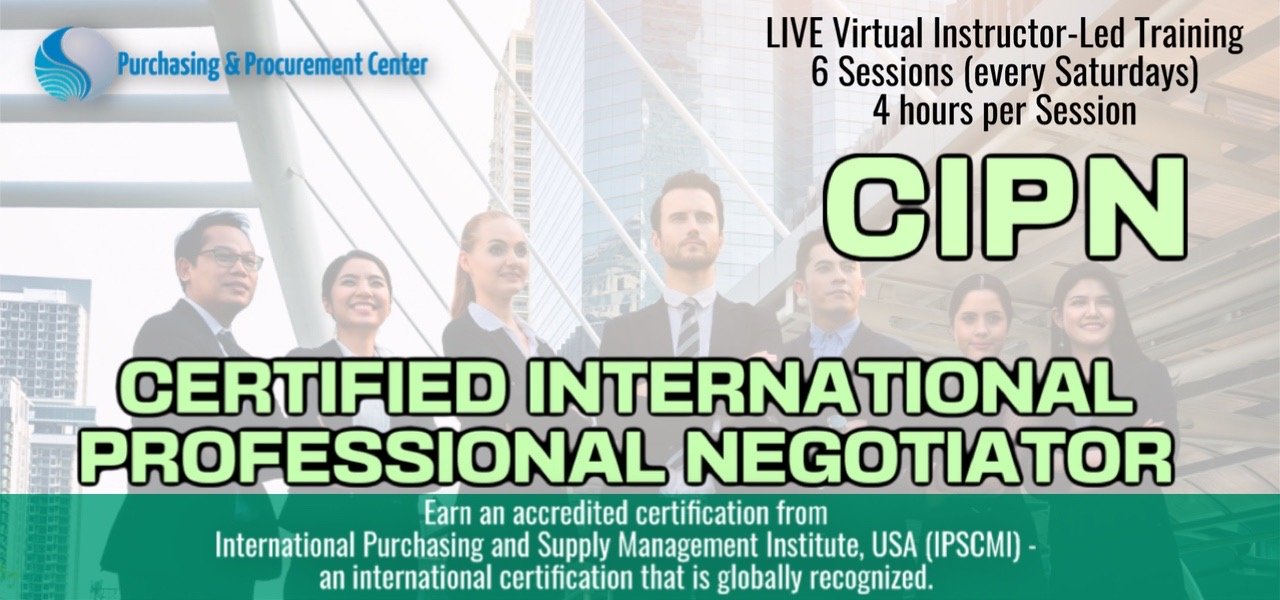10 Purchasing Manager Skills You Need to Excel in Procurement!
Learn the top 10 purchasing managers skills to master strategic sourcing, negotiations, and category management to excel in your procurement career.
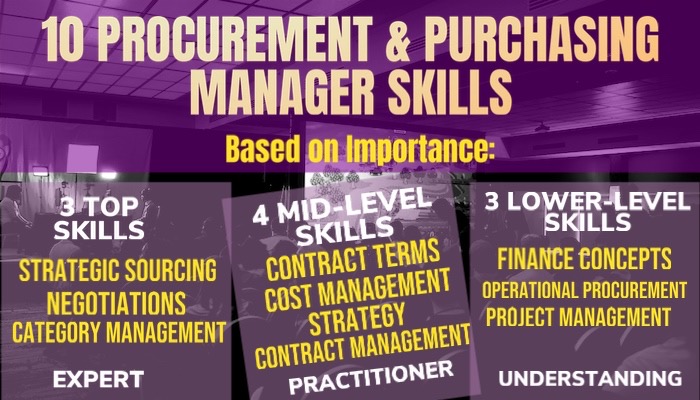
The first thing you need to know before diving into the purchasing manager skills you need to excel in this role is that becoming a manager and doing the job of a manager are 2 very different things.
In this guide, we take a look at what it takes to do an effective job and build your Purchasing & Procurement Manager Skills.
You Might Also Like: 15 Tips To Increase Procurement Savings
Prioritizing Essential Purchasing Manager Skills
While there are ten essential skills for a purchasing managers, it's important to recognize that not all skills carry the same weight. Rather than mastering all ten, there are a few key skills that stand out as critical for success.
In fact, there are no "Top 10 Skills for Procurement Managers" in the sense that all skills are equally important.
Instead, you need to focus on mastering the top 3 skills to be an effective and high-performing manager. The remaining skills are still important, but without proficiency in the top three, your performance will be significantly impacted.
Here’s a quick summary of all ten skills, categorized by their level of importance:
- Must Have (Expert/Mastery)
- Need to Have (Practitioner/Advanced)
- Good to Have (Fundamental/Understanding)
By prioritizing these key areas, you can ensure that you are well-equipped to excel in your role as a procurement manager.
10 Procurement & Purchasing Manager Skills Based on Importance:

3 TOP PROCUREMENT MANAGER SKILLS
1. Strategic Sourcing - Expert
2. Negotiations - Expert
3. Category Management - Expert
4 MID-LEVEL PROCUREMENT MANAGER SKILLS
4. Contract Terms - Practitioner
5. Cost Management - Practitioner
6. Strategy - Practitioner
7. Contract Management - Practitioner
3 LOWER-LEVEL PROCUREMENT MANAGER SKILLS
8. Finance Concepts - Understanding
9. Operational Procurement - Understanding
10. Project Management - Understanding
Procurement Skills & Competence Model!
In order to understand the level of details that goes into the skills for a procurement or purchasing manager, we need to understand that the 10 skills above remain the cornerstone of building purchasing & procurement skills.
Regardless of the position you hold, this skills-framework shows the full specter of procurement skills and competences that anyone in procurement needs to be aware of. Whether you sit at the top as a CPO/Procurement Director or at the entry level, these are the common skills required.
The difference among different positions only means that at a higher level you need to possess more advanced knowledge & skills in these areas.
IMPORTANT - The 10 skills do not mean that one needs to master each and every one of them. For example a Procurement Director needs only a fundamental knowledge of operational procurement as he/she does not deal with POs and Requests for Quotes (RFQs) etc.
However a Procurement Clerk would likely need to know in detail and either be a Practitioner (Level 3) or Expert (Level 4) in Operational Procurement.
The 4 levels of mastery for each skills are:
- Level 1 - Fundamental
- Level 2 - Understanding
- Level 3 - Practitioner/Advanced
- Level 4 - Expert
Let’s move on and find out what goes into each of these skills - for the Top 3 Skills we go into much more details and descriptions as compared to the rest which are described in short paragraphs.
Without further ado, let's dive into the 10 purchasing manager skills categorized by their level of importance:
The 3 Expert Procurement & Purchasing Manager Skills to Master!
A Manager needs to be an expert in Strategic Sourcing, Negotiations and Category Management. Here’s what that means in terms of topics to develop these purchasing manager skills:
Skill 1. Strategic Sourcing
Mastery of the following topics within strategic sourcing skills:
How to develop specifications?
- How to assess internal customer needs, challenging specs, communicating with internal customers etc
How to write an RFQ/RFI?
- The different sections of an RFQ, the ideal number of suppliers to invite for the RFQ or RFI, Communication with suppliers: how and when etc.
Ethics in Procurement Process
- What information can (not) give to 1 or to more suppliers, gifts, company policy relating to ethics.
How to collaborate with Procurement
- Collaborating with budget holders (non-procurement), their role, aligning expectations and improving relationships between procurement and budget holders.
The role of procurement professionals
- The added value of procurement professionals, the value chain.
The procurement processes
- Sourcing processes & steps, link between sourcing and the operational procurement processes.
Needs Assessment
- Tactical make-or-buy analysis, needs assessment, finalizing the development of Specifications.
Market Analysis
- How to assess the market, searching for potential suppliers, using an RFI.
Portfolio analysis
- Strategically positioning purchased goods & services, Kraljic matrix.
Supplier relationship analysis
- Positioning suppliers within a supplier preferences table, defining and managing supplier relationships.
Risk Management
- Risk assessment vs risk management, contingency planning.
Supplier selection
- Running the RFP process to award the business to the best quality, service and total cost supplier.
Contracting
- Awarding the business, main principles for contracting.
Skill 2. Negotiations
Mastery of the following topics within negotiations skills:
Fundamental negotiation tactics
- Analyzing supplier offers, shortlisting suppliers for negotiation, preparing for the negotiation, how to select the winner, giving feedback to all suppliers after negotiations.
Basic contract negotiation
- Written or oral contracts, impact of important clauses in negotiations eg evergreen contracts, indexes, penalty and exit clauses.
Negotiation preparation
- Critical issues, determine Walk-away position, ZOPA & BATNA.
How to open a negotiation?
- Creating positive negotiation climate & why, understanding supplier’s offer, taking a position, summarizing
How to bargain?
Asking the right questions, reading the Body Language of your supplier, making concessions, low ball/high ball, what-if, bluffing tactics.
Closing a negotiation
- Closing the deal & spotting closing signals, communicating with internal customer
Negotiations Game Theory
- Viewing the negotiation from the supplier’s perspective, predicting supplier’s behavior, credibility, delivering the result
Biases in Negotiations
- Cognitive biases that affect negotiation results, correcting the systematic errors, how to avoid the bias in your own team, using supplier's bias to your own advantage
Skill 3. Category Management
Mastery of the following topics within category management skills:
Spend analysis
- Collecting & Segmenting spend on suppliers, opportunity scan.
Category Initiation phase
- Securing the executive sponsor, scoping the category, defining the project charter, gaining first insight, securing quick wins etc.
Category Analysis
- Internal data gathering, supply chain mapping, supply market competitiveness, PEST analysis, determining potential sources of leverage, etc
Category Strategy Development
- SWOT analysis, generating ideas, creation of the category strategy.
Category Strategy Implementation
- The change curve, scoping update, detailed implementation plan, award criteria.
The 4 Need-to-Have Procurement & Purchasing Manager Skills!
As opposed to the first 3 Skills a Purchasing & Procurement Manager needs to be be an expert, the following 4 Skills require only a good knowledge and practice. Here’s a quick overview and summary as to what these 4 skills include:
Skill 4. Legal Concepts in Procurement
At this level a purchasing manager skills include a solid knowledge and ability for working with own (country) law and understands the practical effects of terms and conditions of contract.
Additionally, such a manager can apply and negotiate the most used terms in a contract & understand common terms.
Skill 5. Cost Management
Regarding cost management skills, a manager needs to have solid knowledge and ability to apply the total cost methods, like TCO estimations, should cost estimations and cost calculations.
He should be able to propose and implement the appropriate approach for cost calculations and should cost estimations. However he still would require guidance to handle very complex estimations and calculations.
Skill 6. Strategy Development
A Purchasing & Procurement Manager has a good understanding of the vision to become the best procurement team in the industry and the mission to deliver sustainable value through innovative procurement solutions.
He/she can perform the activities necessary within his/her own area of responsibility to execute the strategic roadmap to achieve the vision.
Skill 7. Contract Management
At this level a manager has good stakeholder management skill by getting the agreement of stakeholders for Service Level Agreements (SLAs).
He/she ensures tracking and reporting of supplier performance. Needs to be able to identify, resolve and record any issues in supplier performance, and escalates when necessary, and manage effectively performance and other contractual related issues.
The Final 3 Good to Have Purchasing & Procurement Manager Skills!
In contracts to the the first 7 skills, the last 3 skills require only a basic understanding and application. Here’s a quick overview and summary as to what these 3 skills include:
Skill 8. Finance Concepts
A Purchasing & Procurement Managers understands financial concepts and terminology, how the key financial statements fit together and appreciates the relationship between profit and cash flow.
He/she can explain to others the key drivers of profitability and able to link the numbers with underlying business activities.
Skill 9. Operational Procurement
At this level a Manager understands how to places orders with suppliers in line with levels of delegated authority and the importance of issue and stakeholder management to guarantee process and contract compliance.
He/She has a good understanding of the importance of stock level management and the principles of e-Procurement.
Skill 10. Project Management
Project management skills require an understanding in detail of the steps required to manage a project.
A Procurement Manager need to be able to create a simple business case, time plan, risk register and can gathers project requirements from stakeholders. Ability to assigns tasks to project team members & some knowledge of project management software.
Summary!
To put it in a nutshell, when it comes to the skills a purchasing manager needs to have, not all skills are equal.
There are 3 core skills:
- Strategic Sourcing,
- Negotiations, and
- Category Management
In contrast to the top 3 skills above, there are an additional 4 skills that would help tremendously all Purchasing & Procurement Managers in their job. They are:
- Contract Terms/Legal Concepts,
- Cost Management,
- Strategy, and
- Contract Management.
Finally there are 3 more skills that it's good to know:
- Finance Concepts
- Operational Procurement
- Project Management
By focusing on the order of priority as above, all Purchasing & Procurement Manager would have a road-map to build their most important skills first and later continue with the rest.
Become a Certified Procurement Expert!
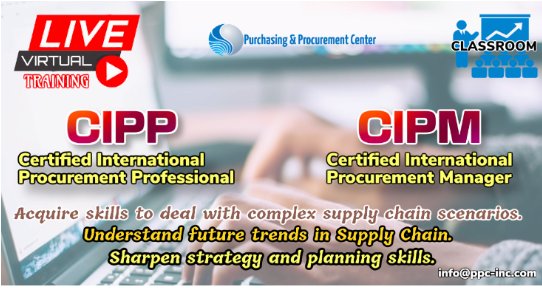
Below you will find two highly accredited CIPP & CIPM procurement certifications to master purchasing manager skills.
In conjunction with the International Purchasing and Supply Chain Management Institute, USA (IPSCMI), Purchasing & Procurement Center brings these two certification programs with well-balanced learning modules.
Interested in learning more? Check out these two upcoming certifications here!


